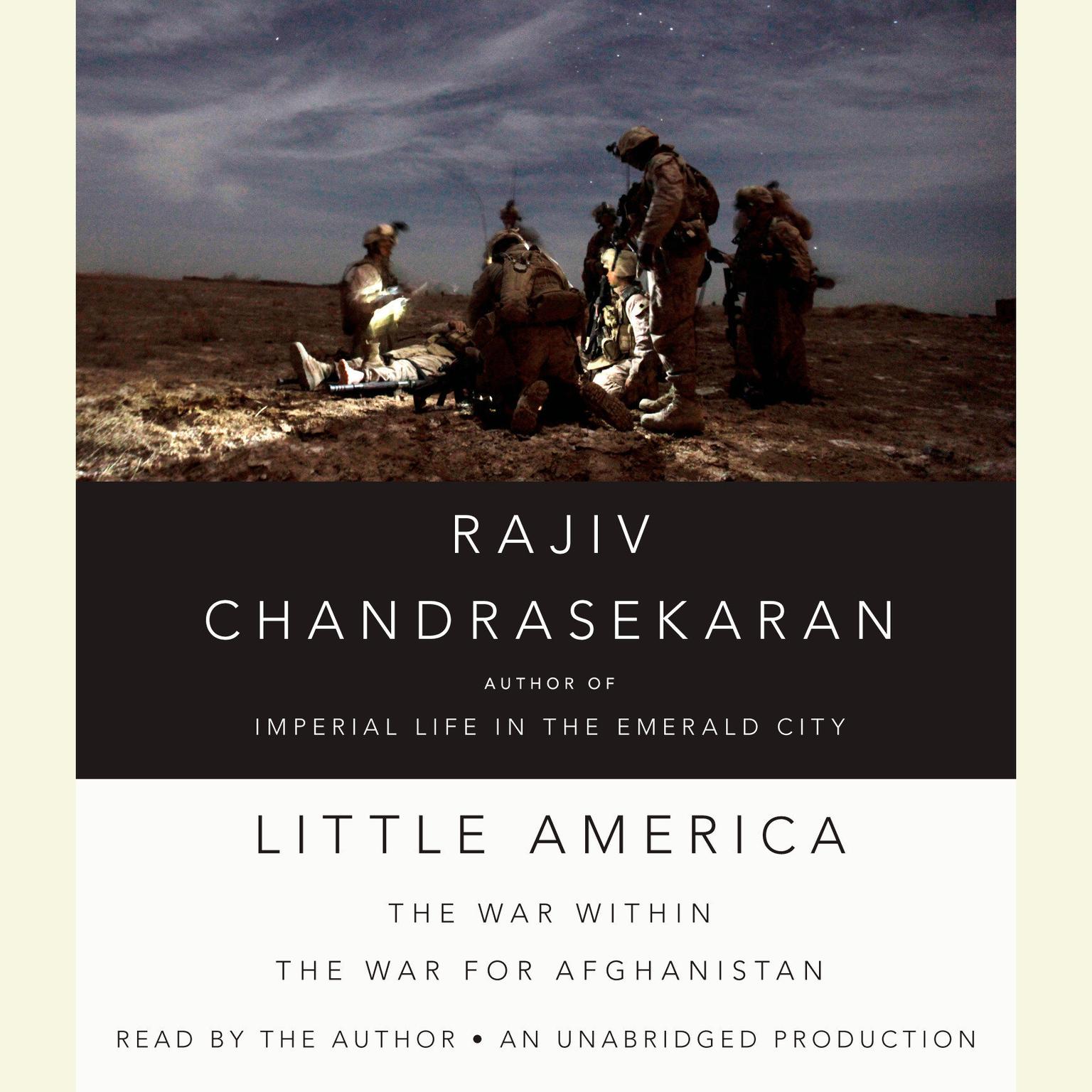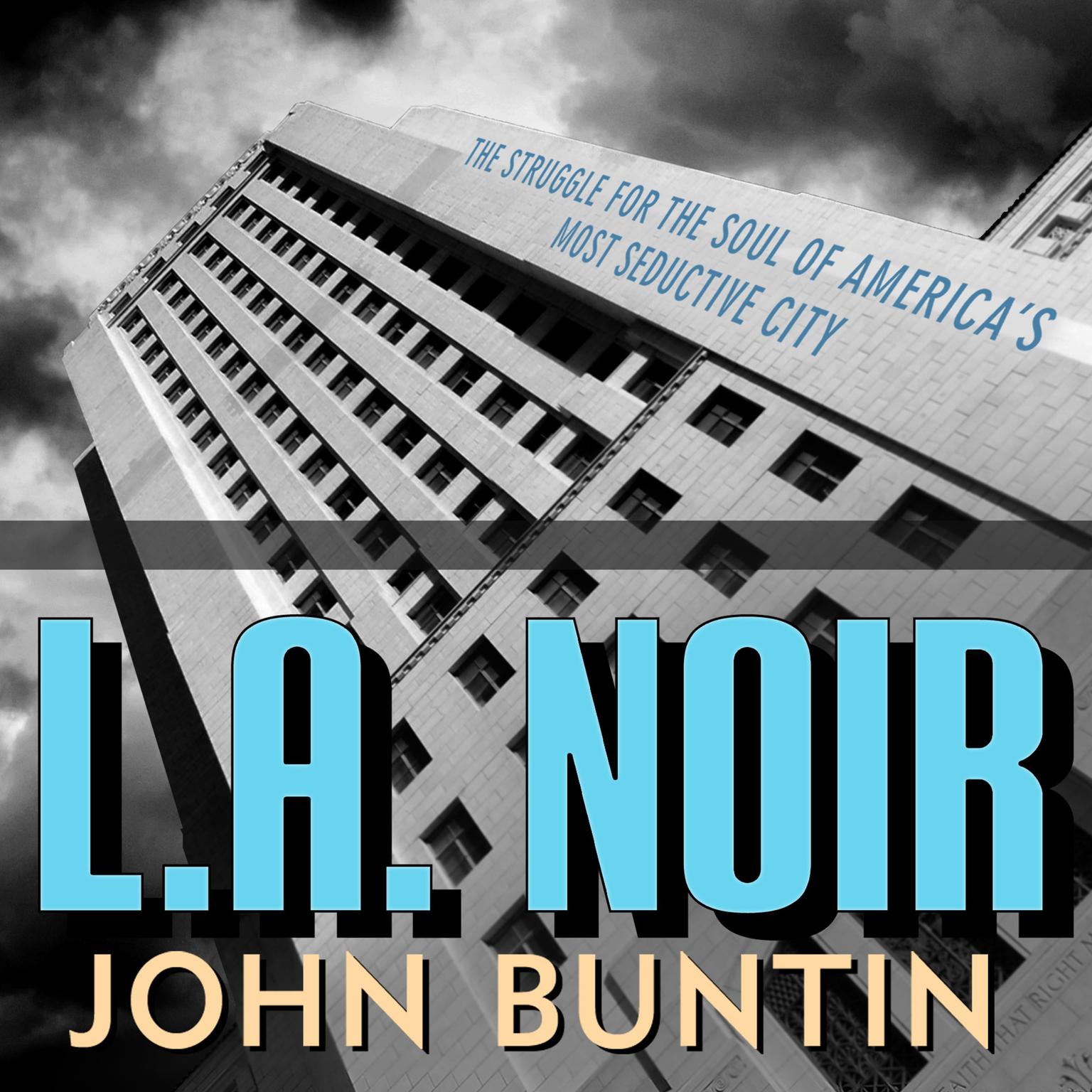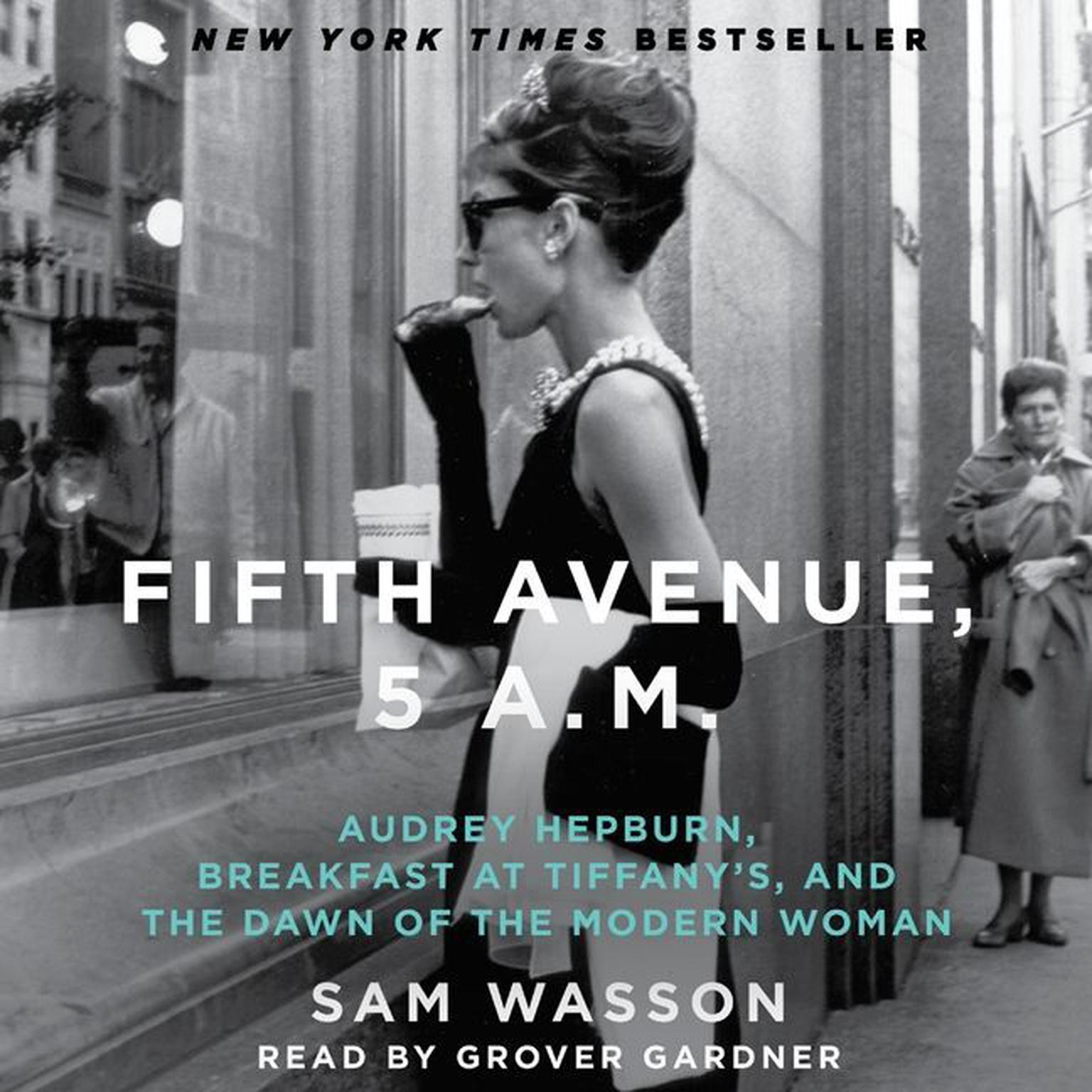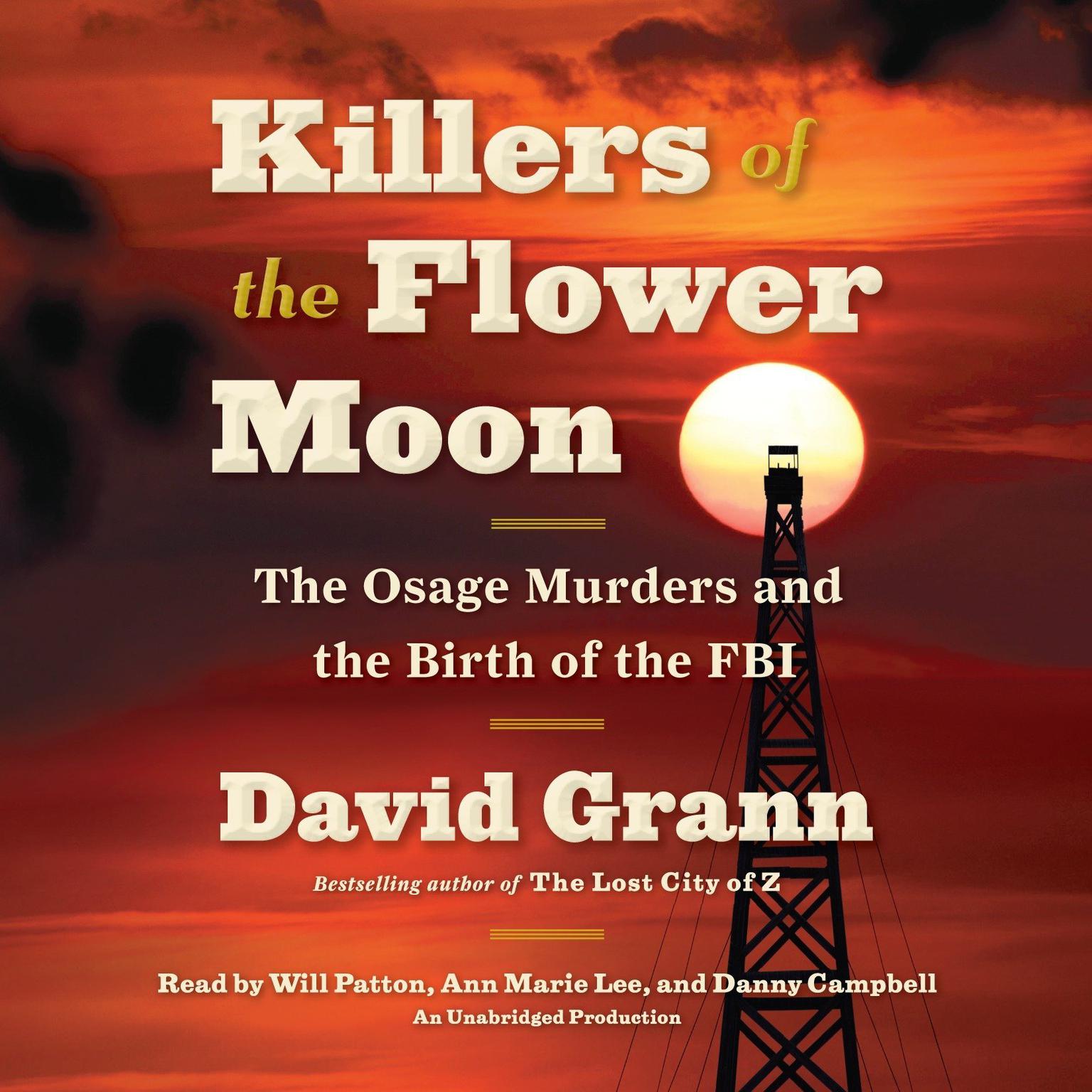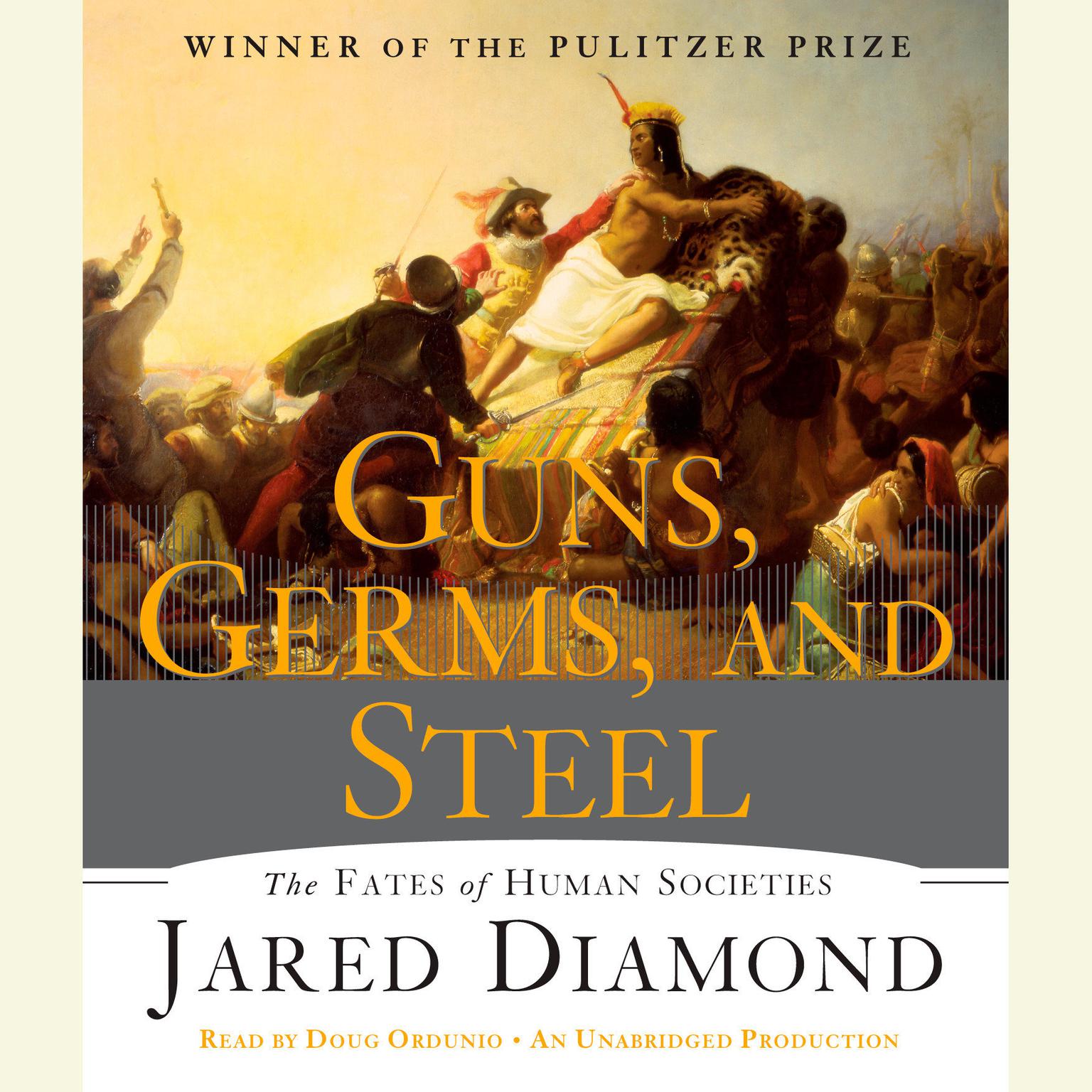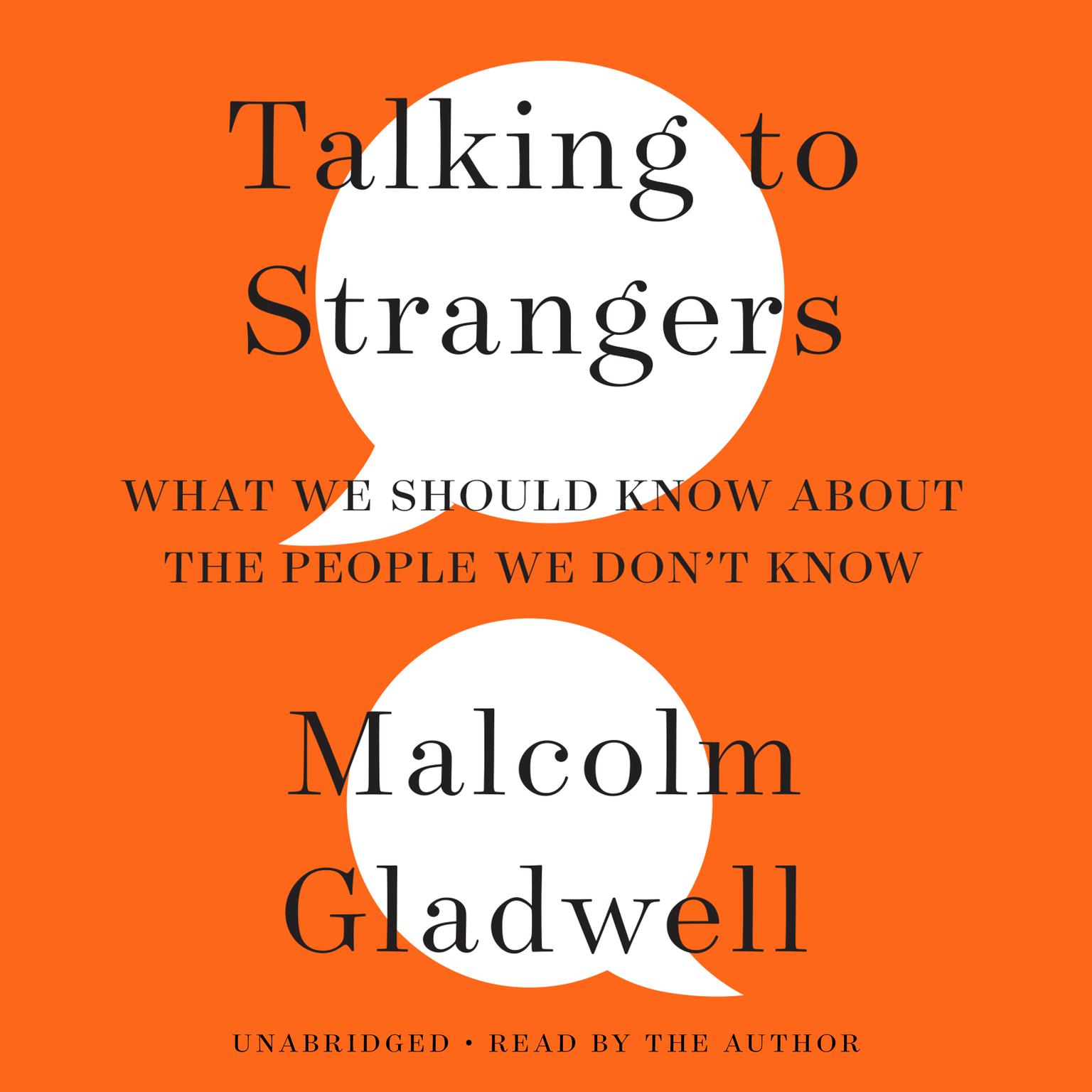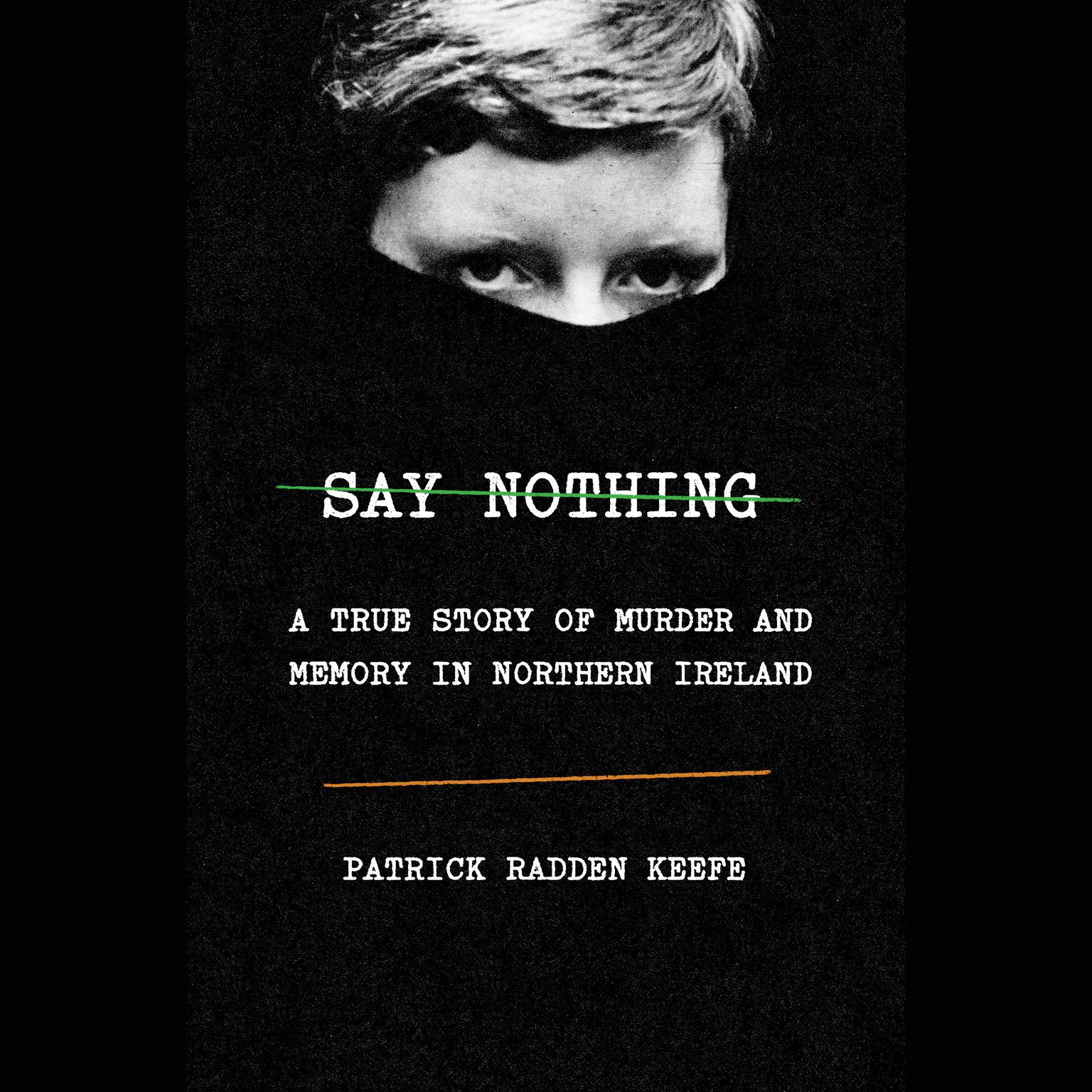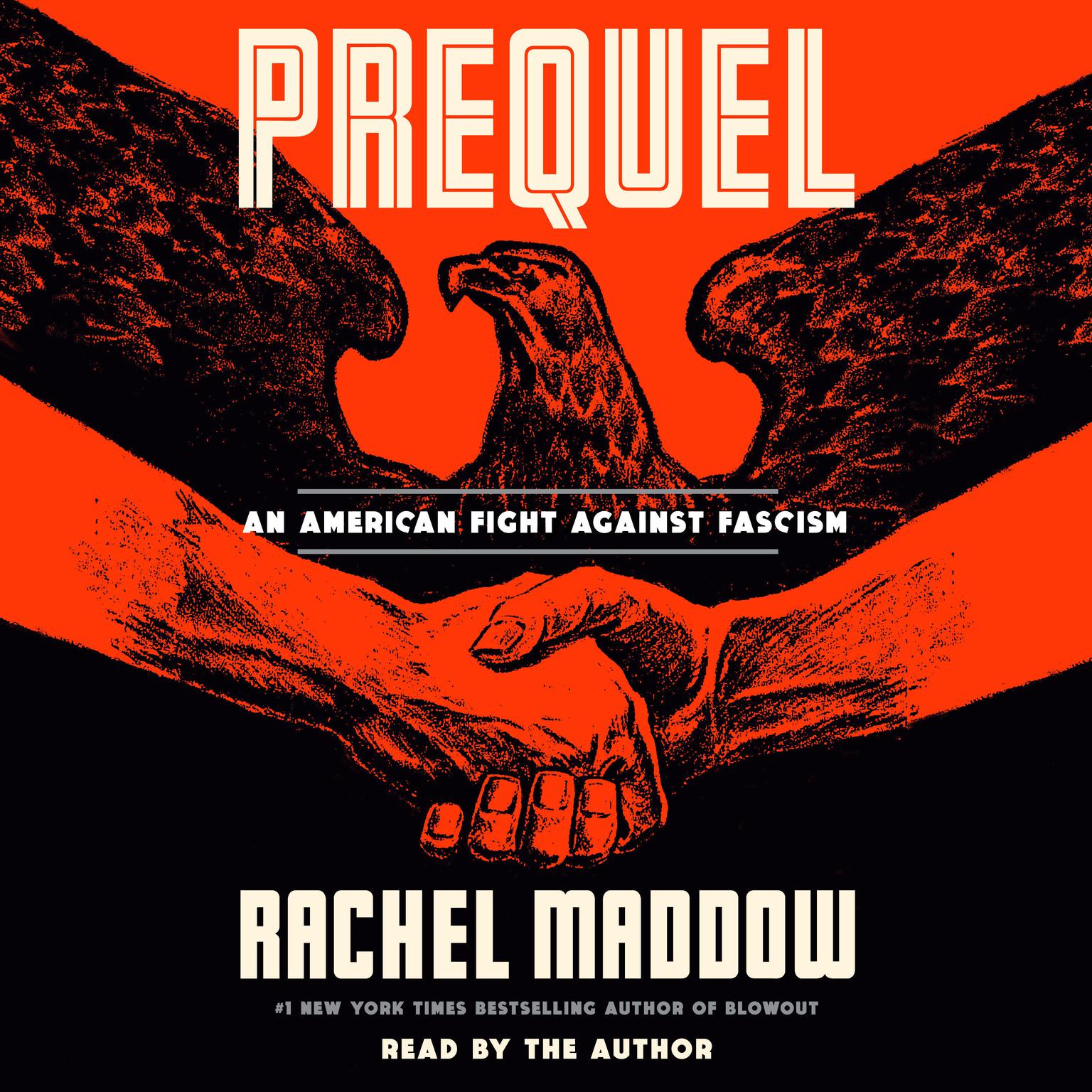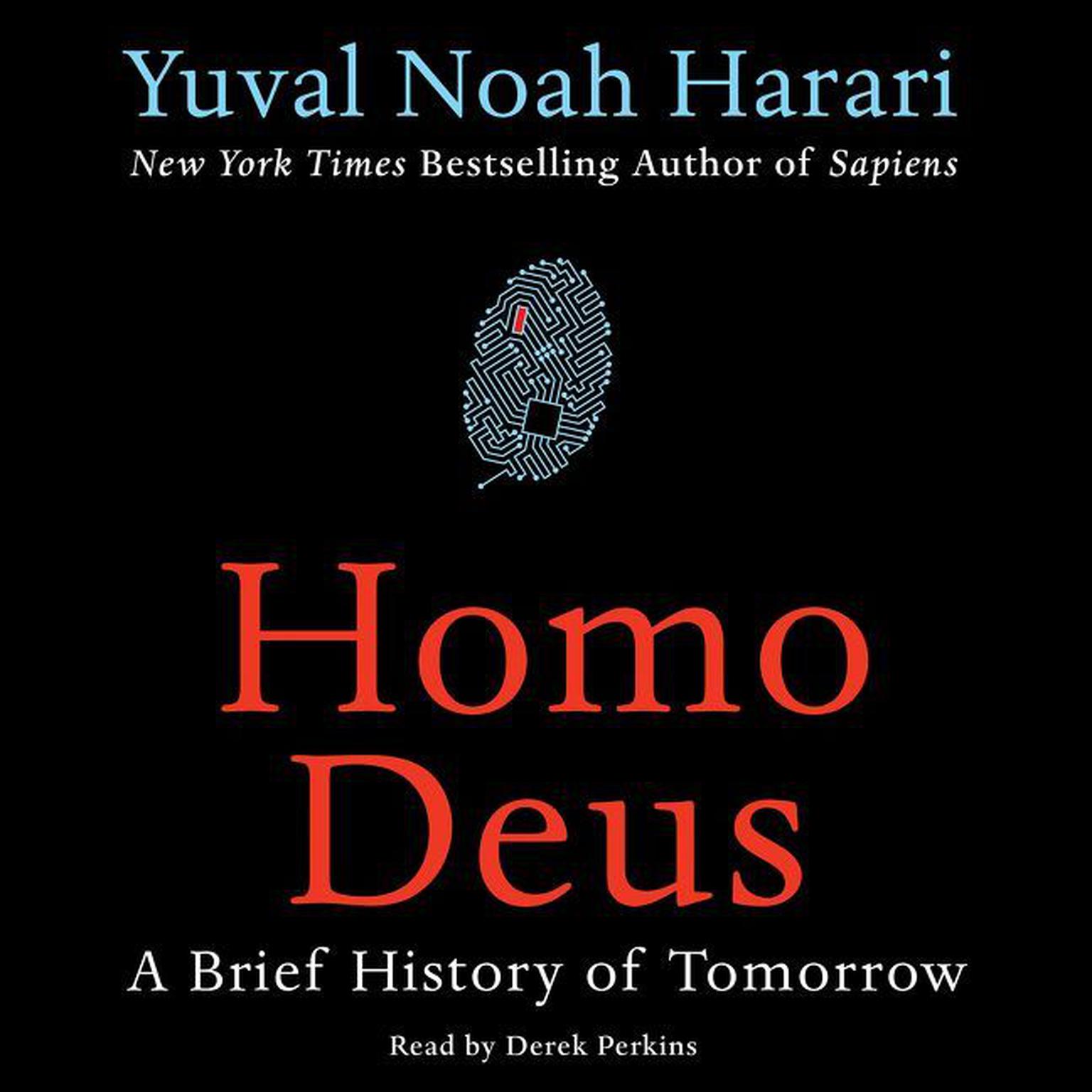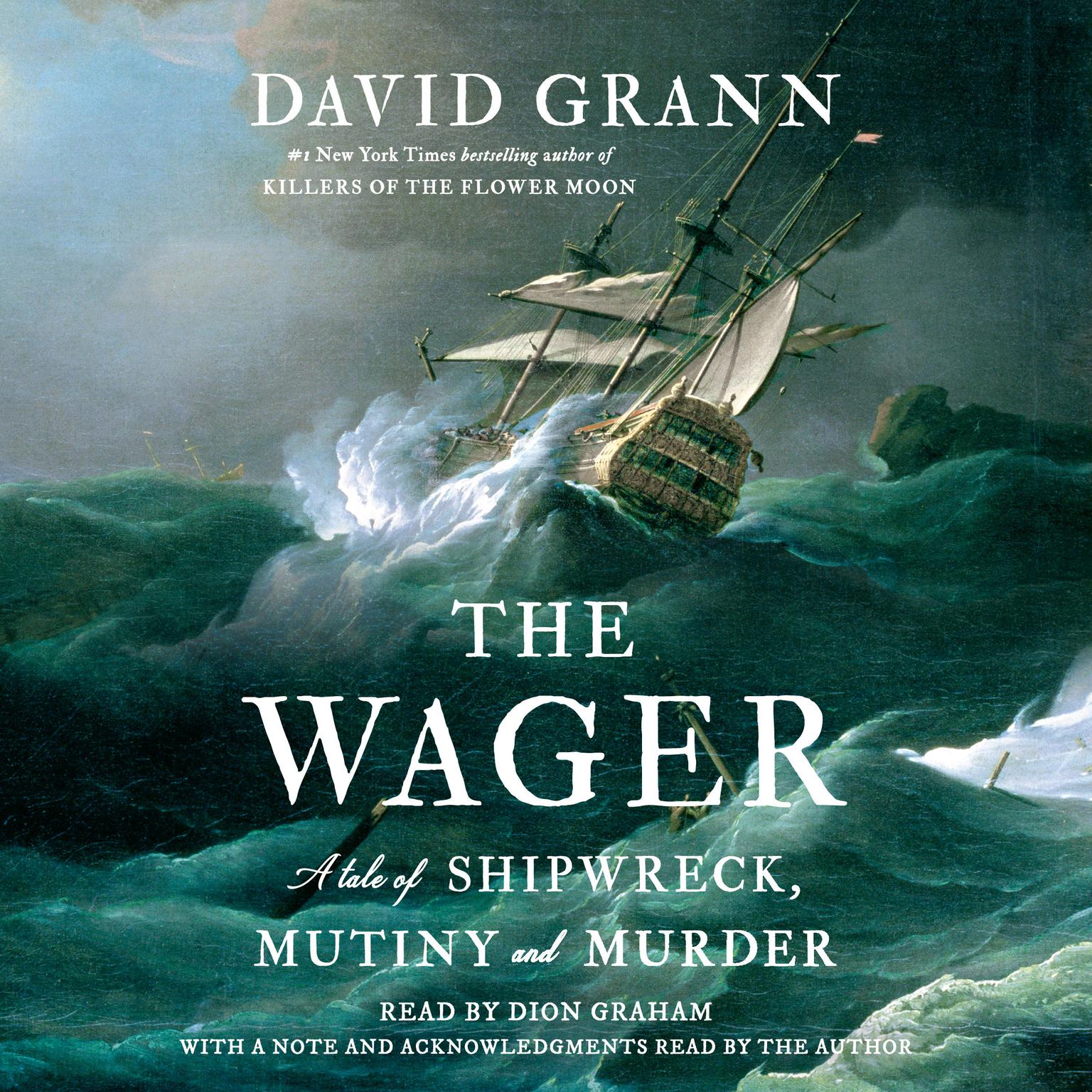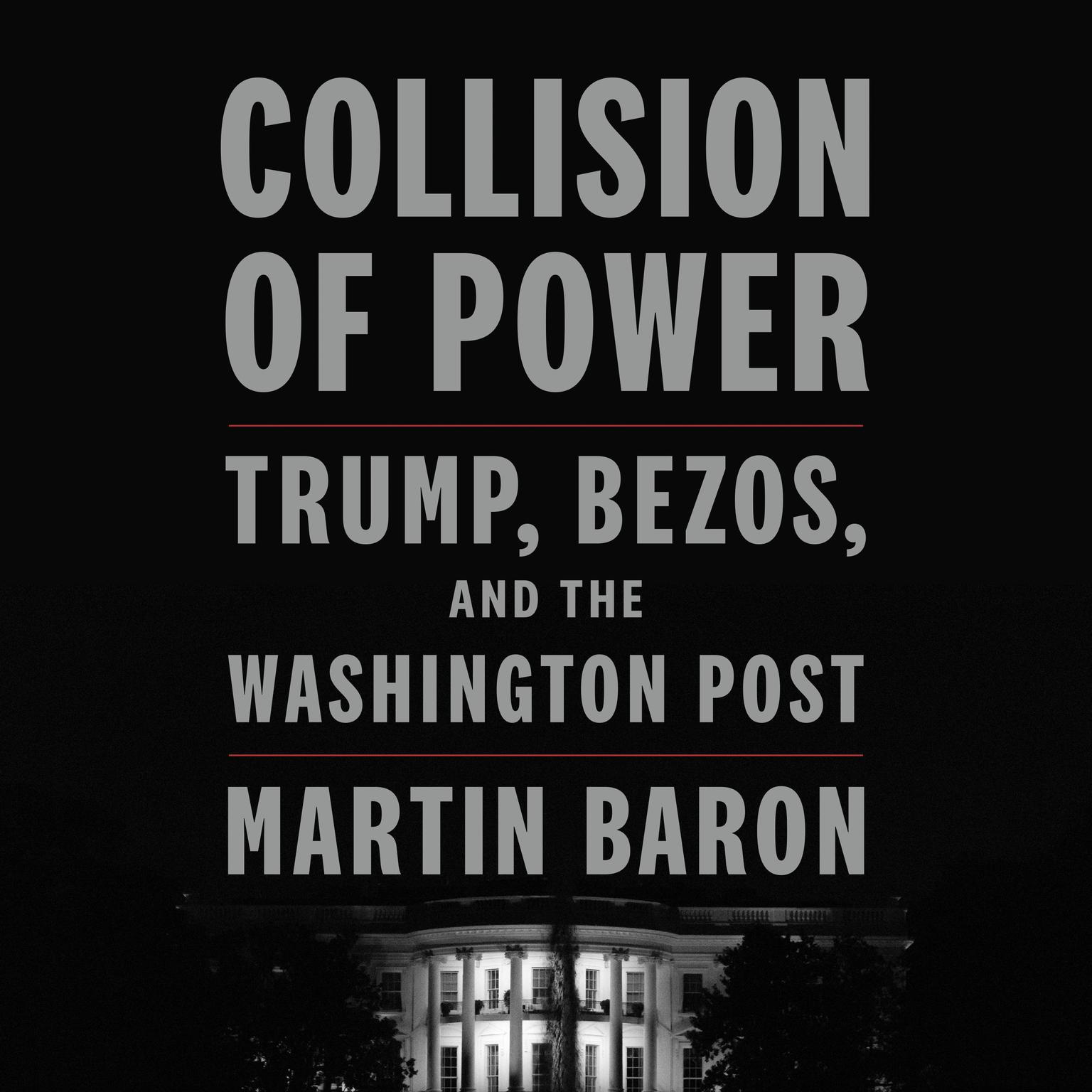Publisher Description
From the award-winning author of Imperial Life in the Emerald City, a riveting, intimate account of America’s troubled war in Afghanistan. When President Barack Obama ordered the surge of troops and aid to Afghanistan, Washington Post correspondent Rajiv Chandrasekaran followed. He found the effort sabotaged not only by Afghan and Pakistani malfeasance but by infighting and incompetence within the American government: a war cabinet arrested by vicious bickering among top national security aides; diplomats and aid workers who failed to deliver on their grand promises; generals who dispatched troops to the wrong places; and headstrong military leaders who sought a far more expansive campaign than the White House wanted. Through their bungling and quarreling, they wound up squandering the first year of the surge. Chandrasekaran explains how the United States has never understood Afghanistan—and probably never will. During the Cold War, American engineers undertook a massive development project across southern Afghanistan in an attempt to woo the country from Soviet influence. They built dams and irrigation canals, and they established a comfortable residential community known as Little America, with a Western-style school, a coed community pool, and a plush clubhouse—all of which embodied American and Afghan hopes for a bright future and a close relationship. But in the late 1970s—after growing Afghan resistance and a Communist coup—the Americans abandoned the region to warlords and poppy farmers. In one revelatory scene after another, Chandrasekaran follows American efforts to reclaim the very same territory from the Taliban. Along the way, we meet an Army general whose experience as the top military officer in charge of Iraq’s Green Zone couldn’t prepare him for the bureaucratic knots of Afghanistan, a Marine commander whose desire to charge into remote hamlets conflicted with civilian priorities, and a war-seasoned diplomat frustrated in his push for a scaled-down but long-term American commitment. Their struggles show how Obama’s hope of a good war, and the Pentagon’s desire for a resounding victory, shriveled on the arid plains of southern Afghanistan. Meticulously reported, hugely revealing, Little America is an unprecedented examination of a failing war—and an eye-opening look at the complex relationship between America and Afghanistan.
Download and start listening now!
“This was a useful but depressing book, just as Imperial Life in the Emerald City about American involvement in Iraq was. I wonder if the United States ever makes an effective intervention, especially after expending so many lives and billions of dollars. It seems the last useful one was in World War II, 70 years ago. It feels like we make the same mistakes over and over again-a lack of agreement about the overall goals so many forces, civilian and military are frequently acting counter to one another, an inability to realize we can’t by dint of mighty force or millions of dollars, change cultures very different from our own and of which we are woefully ignorant and the problems that are the result of just plain stupidity. In the example of U.S.A.I.D refusing to support cotton farming in Afghanistan I think the author makes a good case for preconceived notions overriding facts. In the example of a talented woman with a lot of experience of central Asia who wants to help with the reconstruction of Afghanistan being told in her government security clearance interview by a contracted Midwestern sheriff that her many visits to foreign embassies look suspicious, one can only shake one’s head in disbelief when he is surprised to learn that she needed to go to those embassies for visas to travel in those countries. “What, you need visas? I didn’t need one to go to Mexico.”-the limit of his foreign travel.
Other good books on Afghanistan are: The Road to Oxiana (1937) by Robert Byron. A Short Walk in the Hindu Kush by Eric Newby, Under A Sickle Moon by Peregrine Hodson, The Kite Runner and A Thousand Splendid Suns by Khaled Hosseini, The Places in Between by Rory Stewart and War by Sebastian Junger.”—
Christine (4 out of 5 stars)
